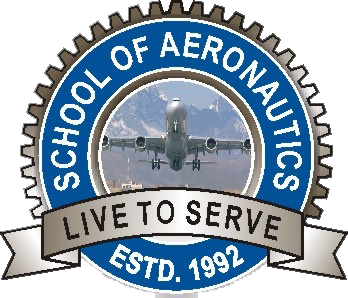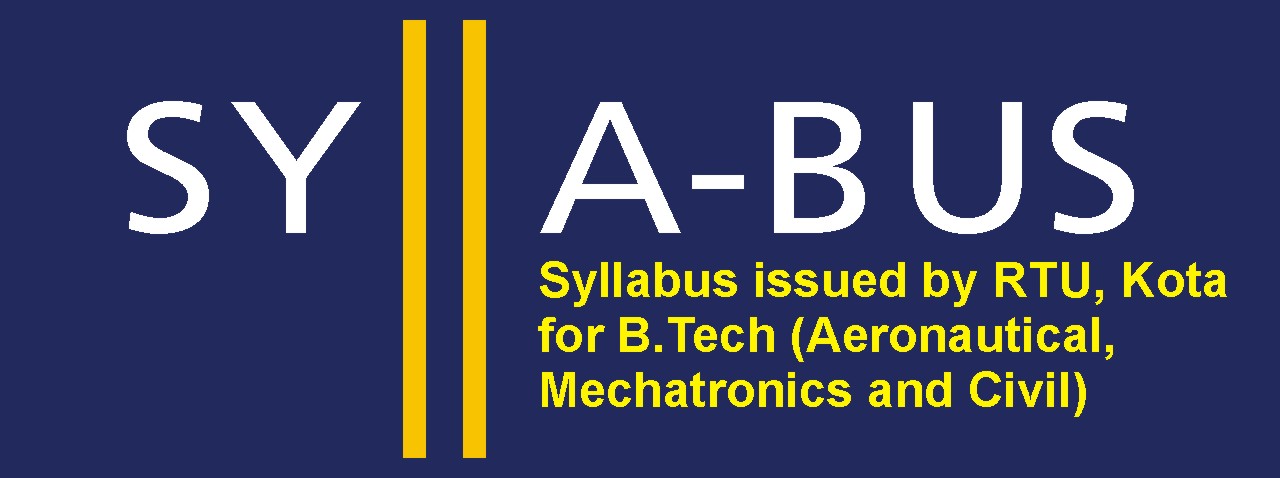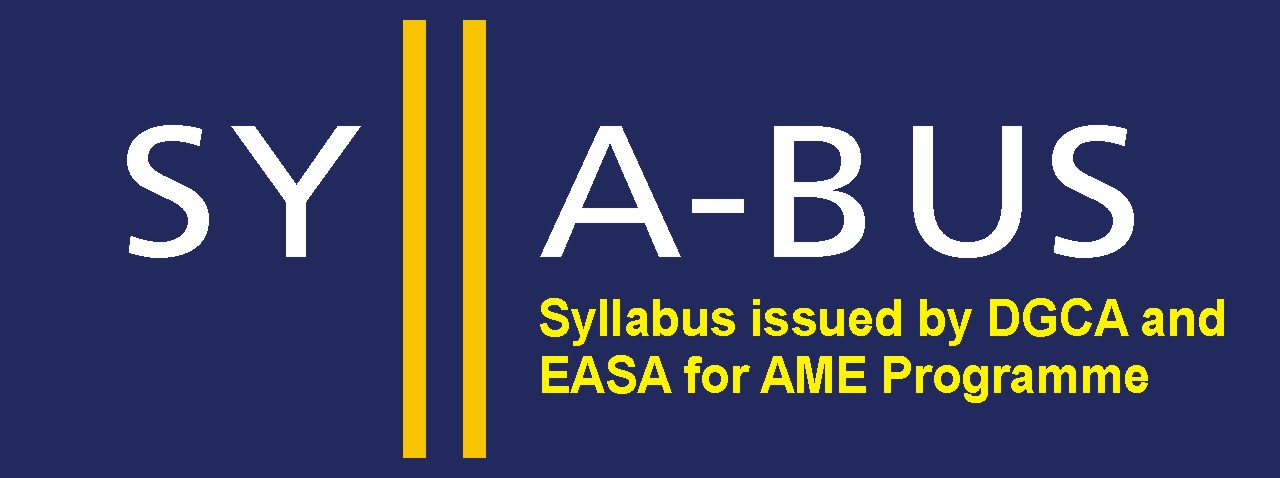Call Us : 8800228720
LEADERS IN AVIATION INDUSTRY
25 YEARS OF GLORIOUS SERVICE TO AVIATION INDUSTRY, WE PROVIDE AERONAUTICAL ENGINEERING & AIRCRAFT MAINTENANCE ENGINEERING PROGRAMS SINCE 1992.
School of Aeronautics (Neemrana)
[ Approved By AICTE / Director General of Civil Aviation, Affiliated to RTU ]
SOA WAS AWARDED "EXCELLENT & FASTEST GROWING AVIATION INSTITUTE IN INDIA"
BY CMAI, SUPPORTED BY AICTE, AIU, RTU, NIELIT, NSIC, DEPARTMENT OF MNRE, MSME
(GOVERNMENT OF INDIA)
SYLLABUS

The syllabus (Aeronautical Engineering / Aircraft Maintenance Engineering / Mechatronics Engineering) ensures a fair and impartial understanding between the instructor and students such that there is minimal confusion on policies relating to the course, setting clear expectations of material to be learned, behavior in the classroom, and effort on student's behalf to be put into the course, providing a roadmap of course organization/direction relaying the instructor's teaching philosophy to the students, and providing a marketing angle of the course such that students may choose early in the course whether the subject material is attractive.
Many generalized items of a syllabus can be amplified in a specific curriculum to maximize efficient learning by clarifying student understanding of specified material such as grading policy, grading rubric, late work policy, locations and times, other contact information for instructor and teaching assistant such as phone or email, materials required and/or recommended such as textbooks, assigned reading books, calculators (or other equipment), lab vouchers, etc., outside resources for subject material assistance (extracurricular books, tutor locations, resource centers, etc.), important dates in course such as exams and paper due-dates, tips for succeeding in mastering course content such as study habits and expected time allotment, suggested problems if applicable, necessary pre-requisites or co-requisites to current course, safety rules if appropriate, and objectives of the course.
A syllabus will often contain a reading list of relevant books and articles that are compulsory or optional for students to read.


